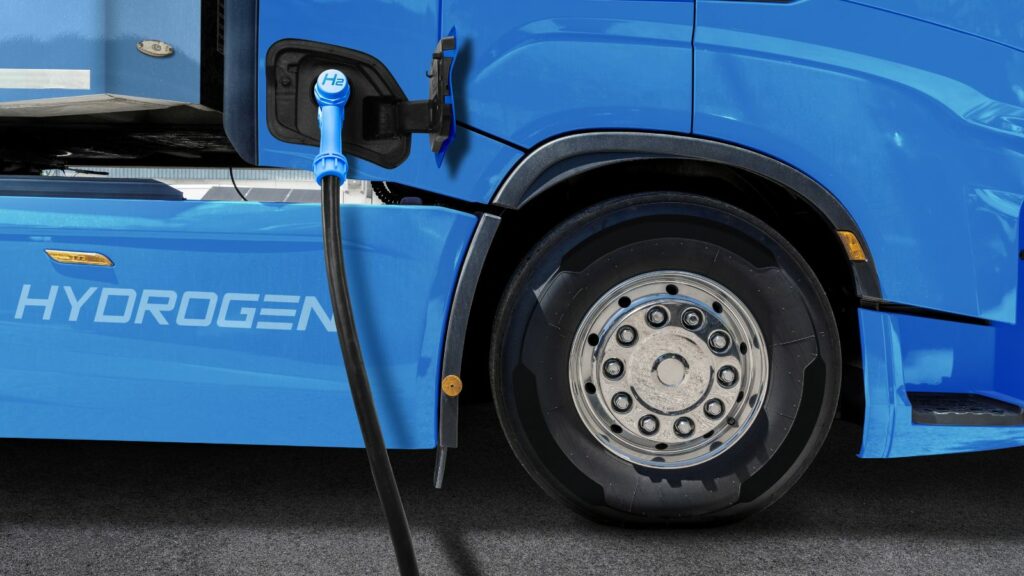For over a century, gasoline and diesel have powered the world’s vehicles. In recent years, electric cars have stepped into the spotlight as the next big thing, backed by huge investments in batteries and charging networks. But there is another contender on the horizon that could outshine them all. Hydrogen powered vehicles are emerging as a serious alternative that could replace gas, diesel, and even electric cars for both everyday drivers and commercial fleets.
The Appeal of Hydrogen Power
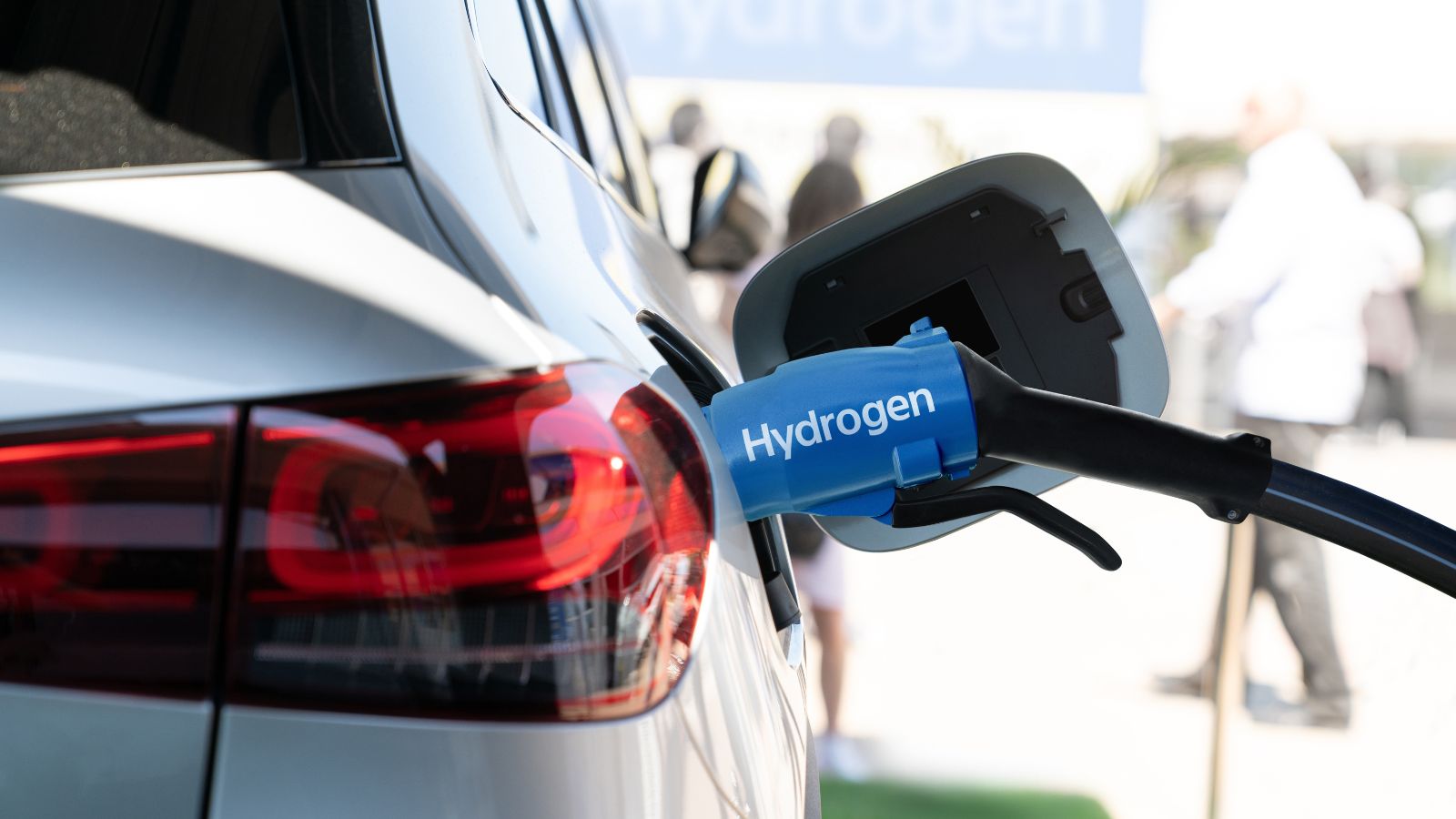
Hydrogen offers the best of both worlds. It delivers the clean emissions of an electric vehicle combined with the familiar convenience of quick refueling that drivers associate with gasoline. A hydrogen fuel cell vehicle generates electricity by combining compressed hydrogen with oxygen, producing only water vapor as exhaust. This means zero harmful emissions and no greenhouse gases. For commercial vehicles, the ability to refuel a truck in minutes rather than waiting hours for a charge is a game changer.
Why Hydrogen Could Outlast Electric Vehicles

Electric cars are impressive but they are far from perfect. Long charging times, limited range in harsh weather, heavy batteries, and concerns about mining rare materials make EVs a complicated solution. Hydrogen bypasses many of these problems. Fuel cells do not wear out in the same way batteries do, and filling up a hydrogen tank takes about the same time as refueling with gas. Many hydrogen vehicles already offer ranges of 300 to 400 miles on a single fill. If the infrastructure expands, hydrogen could easily leap ahead of EVs by offering a more practical driving experience.
The Infrastructure Problem
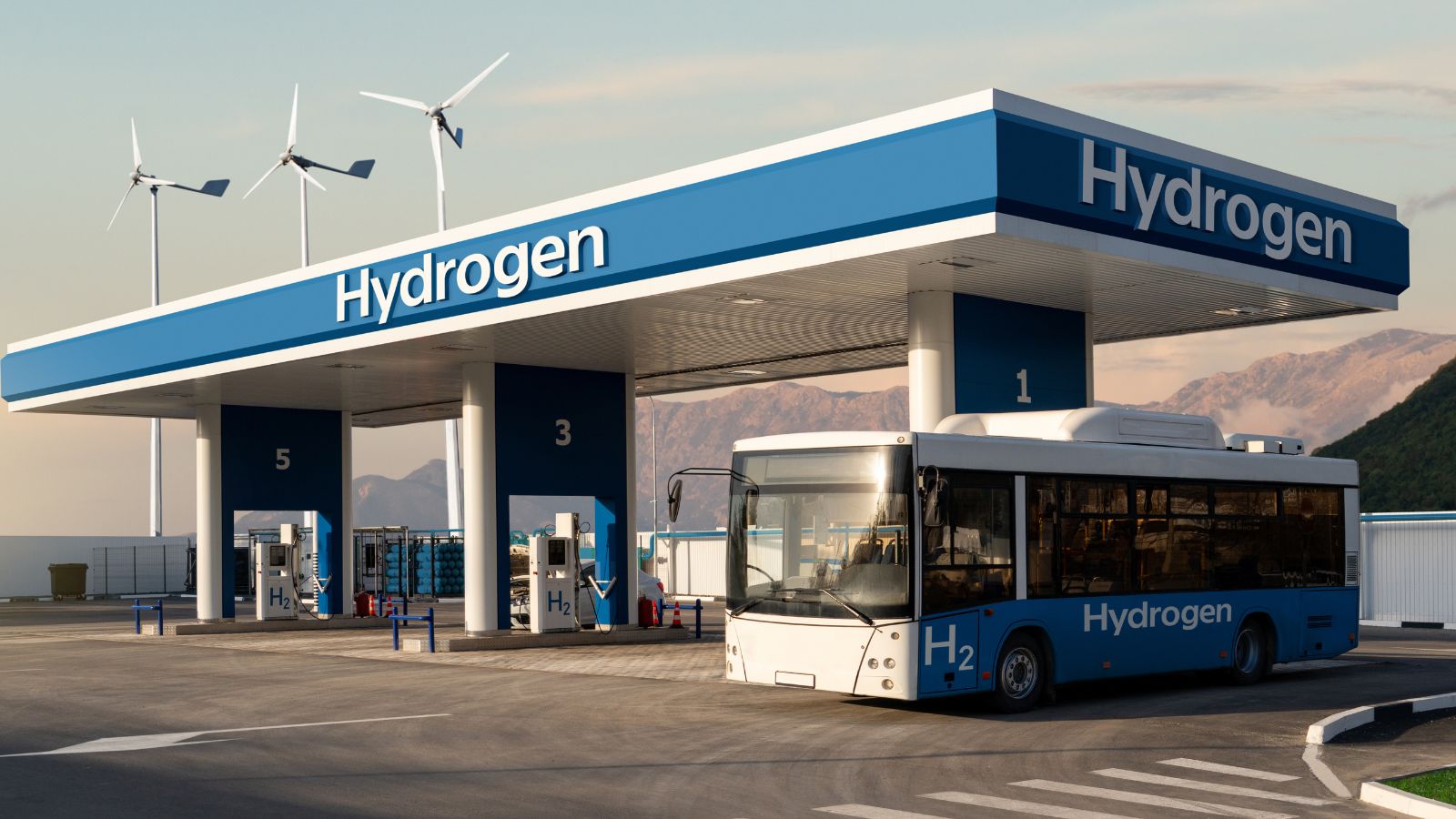
The major roadblock for hydrogen is not the technology itself but the lack of fueling stations. In North America, hydrogen pumps exist mostly in California and small parts of Canada. To make hydrogen a true competitor, there needs to be a nationwide network of stations. This would require massive investment but the payoff could be huge. With proper infrastructure, hydrogen cars could compete directly with gasoline and EVs, giving drivers the familiarity of quick refueling without the pollution.
Hydrogen in Commercial Transport
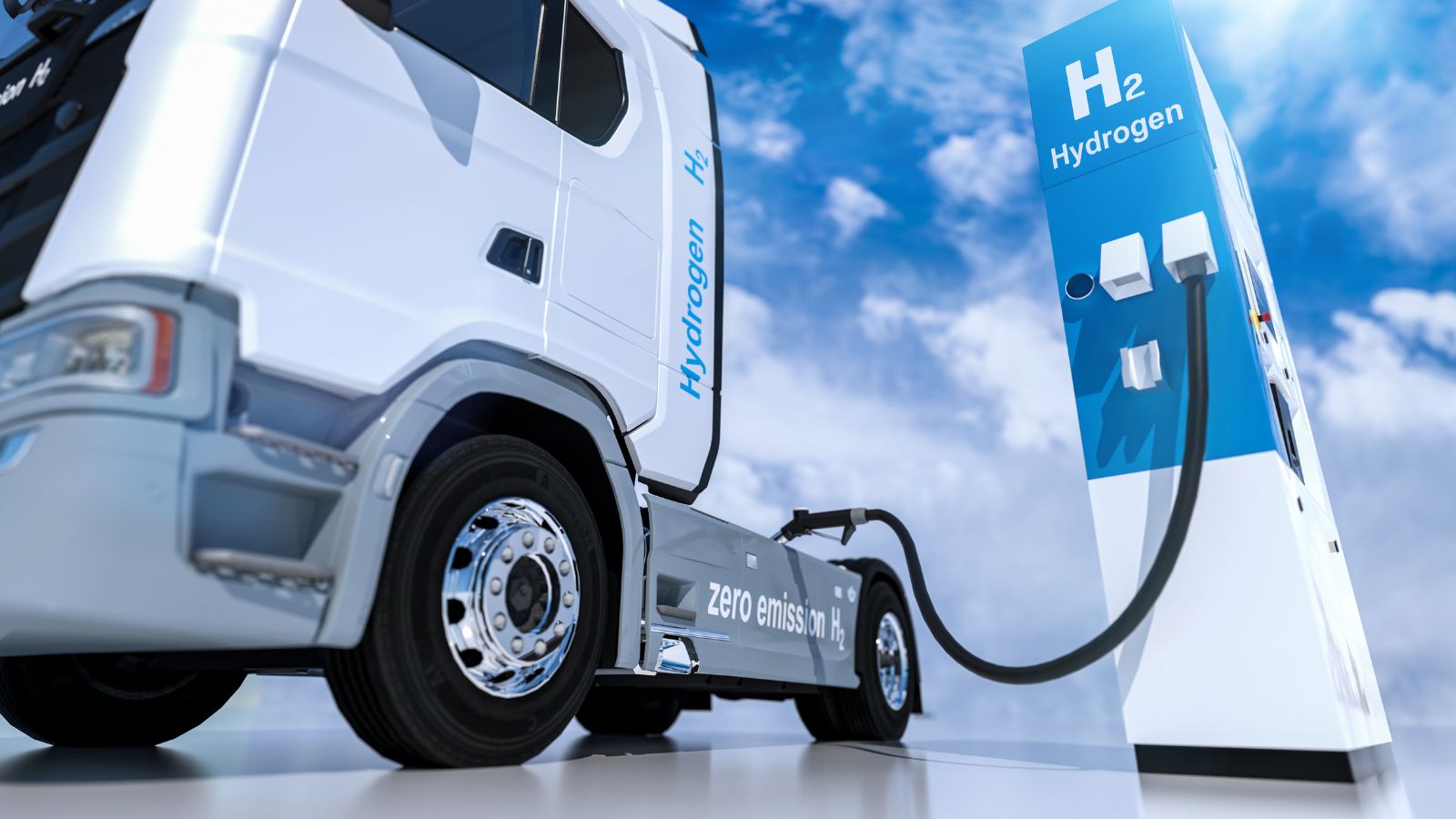
Hydrogen shines brightest in commercial transport. Long haul trucks, buses, and heavy equipment struggle with the weight and downtime of electric batteries. Hydrogen powered trucks have already proven that they can match diesel in range and refueling time while producing nothing but water vapor. Companies moving large amounts of freight cannot afford to waste hours waiting for a charge, and hydrogen provides a solution that fits their needs while also helping them meet environmental targets.
Environmental Advantages Beyond Zero Emissions
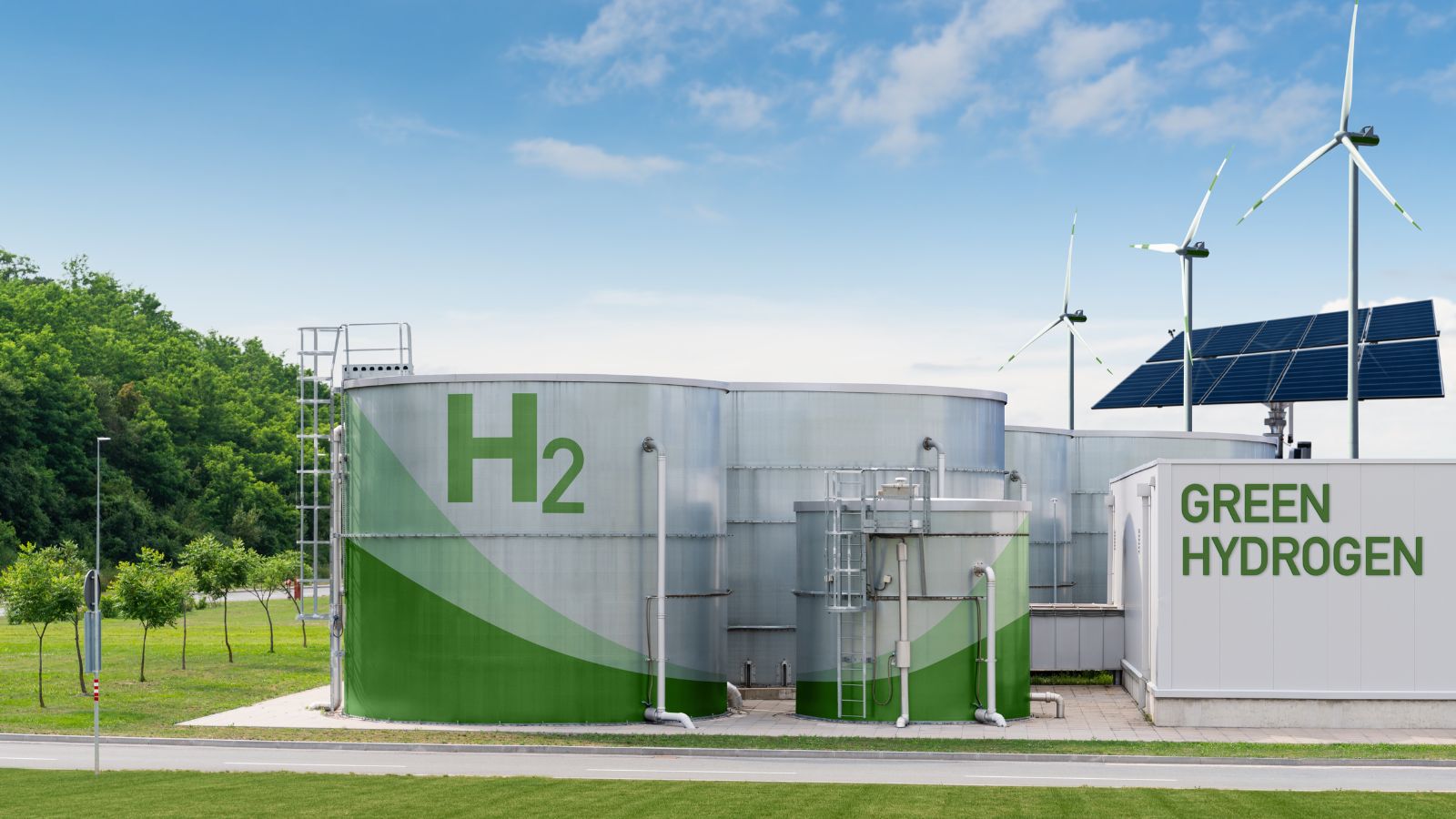
The beauty of hydrogen goes beyond the fact that the only tailpipe emission is water. When hydrogen is produced through renewable energy sources like wind, solar, or hydroelectric power, it becomes a truly sustainable fuel. Unlike batteries that depend on lithium, cobalt, and nickel, hydrogen can be made from something as simple as water. This avoids the environmental and ethical challenges of mining and could scale much more easily to global demand.
The Challenges of Hydrogen Production and Storage
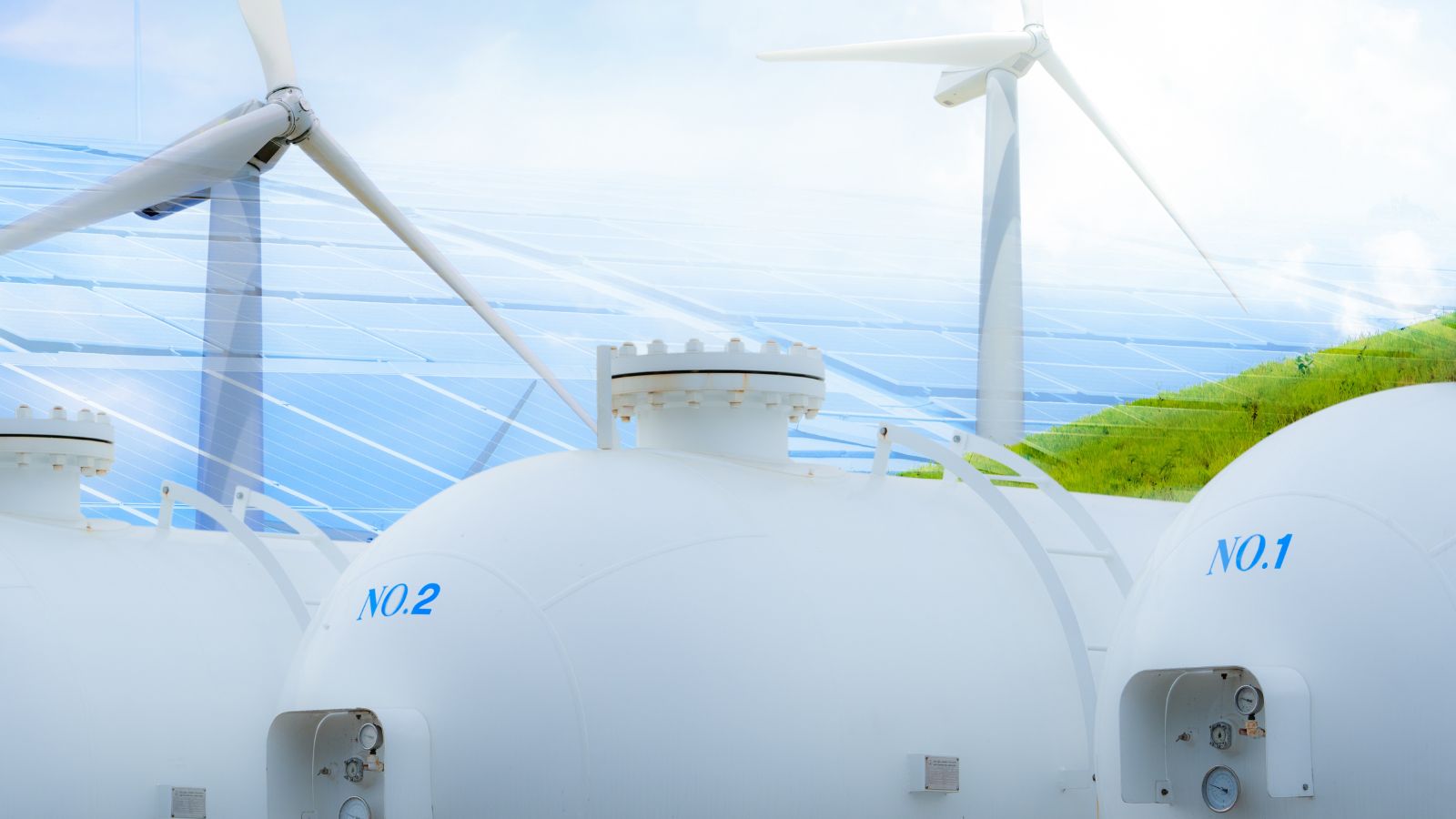
Despite its promise, hydrogen does not come without challenges. Producing hydrogen through electrolysis is still expensive compared to refining gasoline. Storing hydrogen requires high pressure tanks and careful safety systems since it is a light and highly flammable gas. Transporting it also presents hurdles, as pipelines and trucks must be specially designed. However, ongoing advances are lowering costs and improving storage. Companies are experimenting with new methods of producing hydrogen using algae, waste, or even capturing it directly from natural gas without releasing carbon. These breakthroughs could soon make hydrogen as cheap and safe to use as gasoline.
Safety Concerns and How They Are Addressed
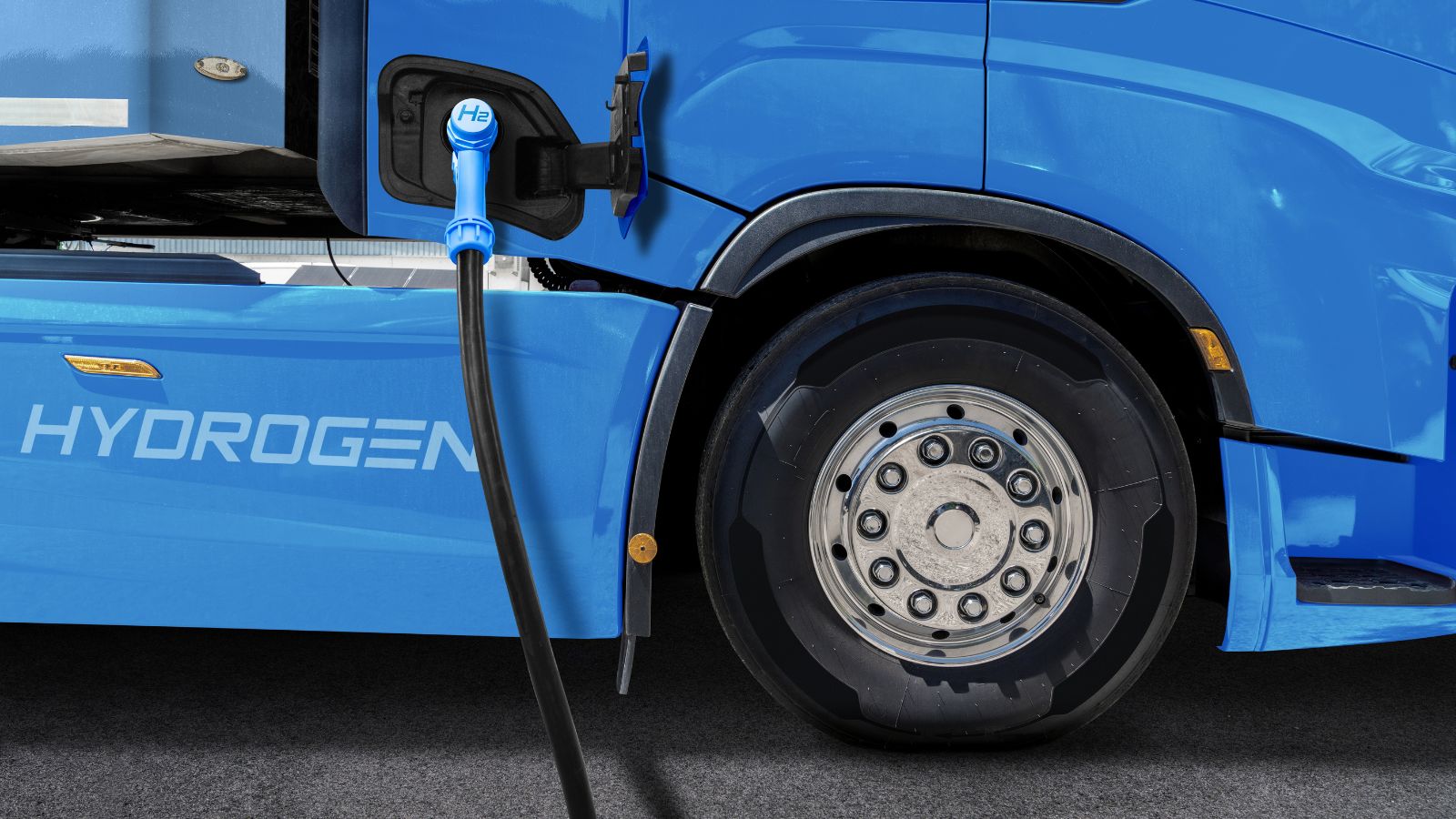
Because hydrogen is highly flammable, some drivers worry about safety. Yet, modern hydrogen vehicles are built with strict safety measures, including reinforced tanks that can withstand extreme impacts. In many cases, hydrogen tanks are actually safer than gasoline tanks because the gas disperses upward rapidly if a leak occurs, reducing the chance of a fire. Automakers have worked hard to design systems that meet the highest safety standards, making hydrogen cars no more dangerous than their gas powered counterparts.
Hydrogen in the Global Market
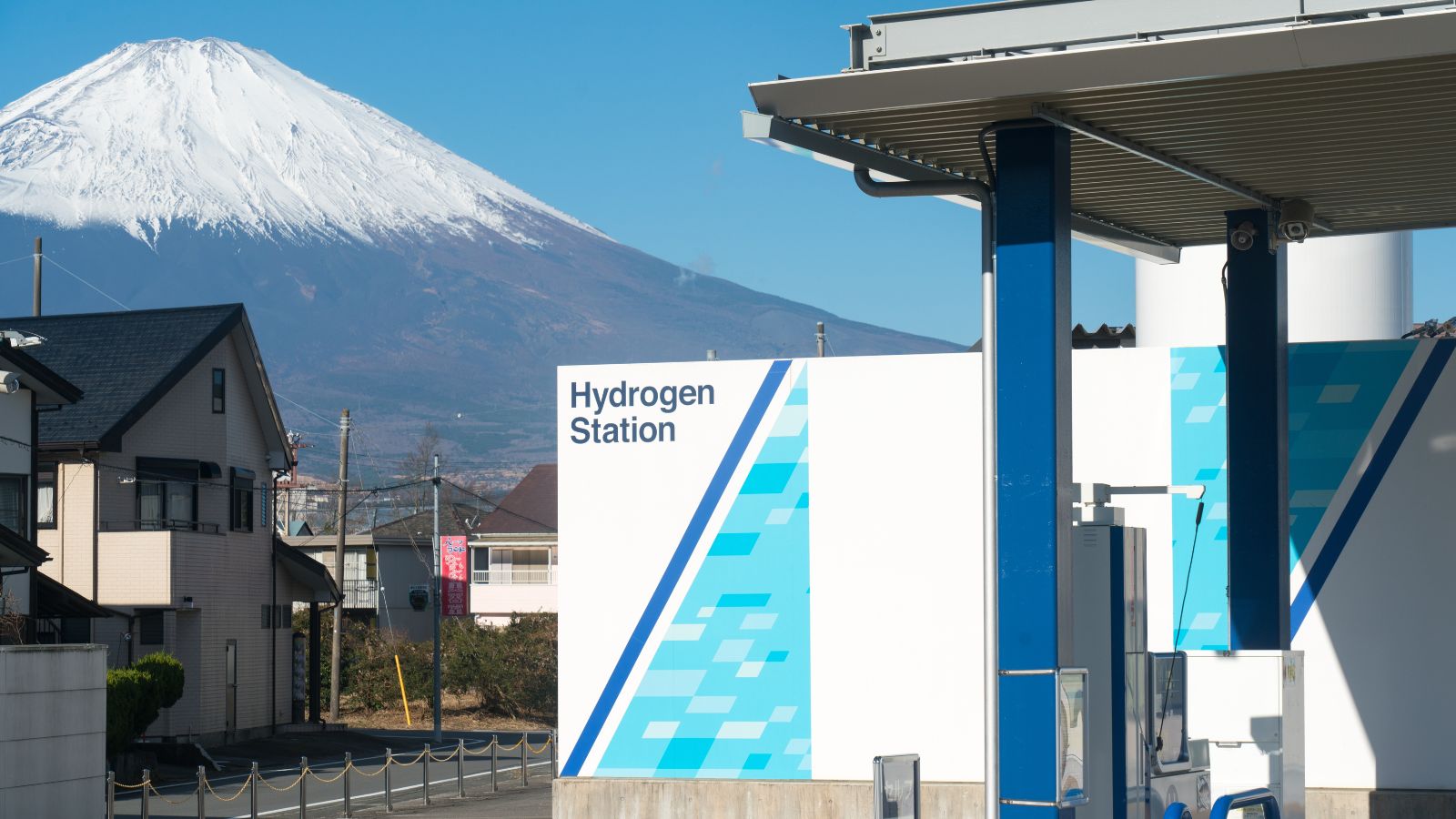
While North America is just beginning to experiment with hydrogen, countries like Japan, South Korea, and Germany are leading the way. These nations are building fueling stations, investing in hydrogen production, and creating incentives for consumers to buy hydrogen cars. Automakers like Toyota, Honda, and Hyundai already sell hydrogen models, while truck manufacturers like Volvo and Nikola are developing heavy duty vehicles. If North America follows this lead with government backing, hydrogen could quickly become a mainstream option.
Could Hydrogen Replace Gasoline and Diesel Entirely?

Hydrogen has the potential to check every box that neither EVs nor fossil fuels can cover completely. It promises long range, quick refueling, zero emissions, and scalability. While gasoline and diesel are still dominant today, tightening regulations and public demand for cleaner energy are pushing the market toward alternatives. EVs may thrive in the short term, but as issues with battery production and recycling become harder to ignore, hydrogen could step in as the superior long term solution.
What Hydrogen Means for Everyday Drivers
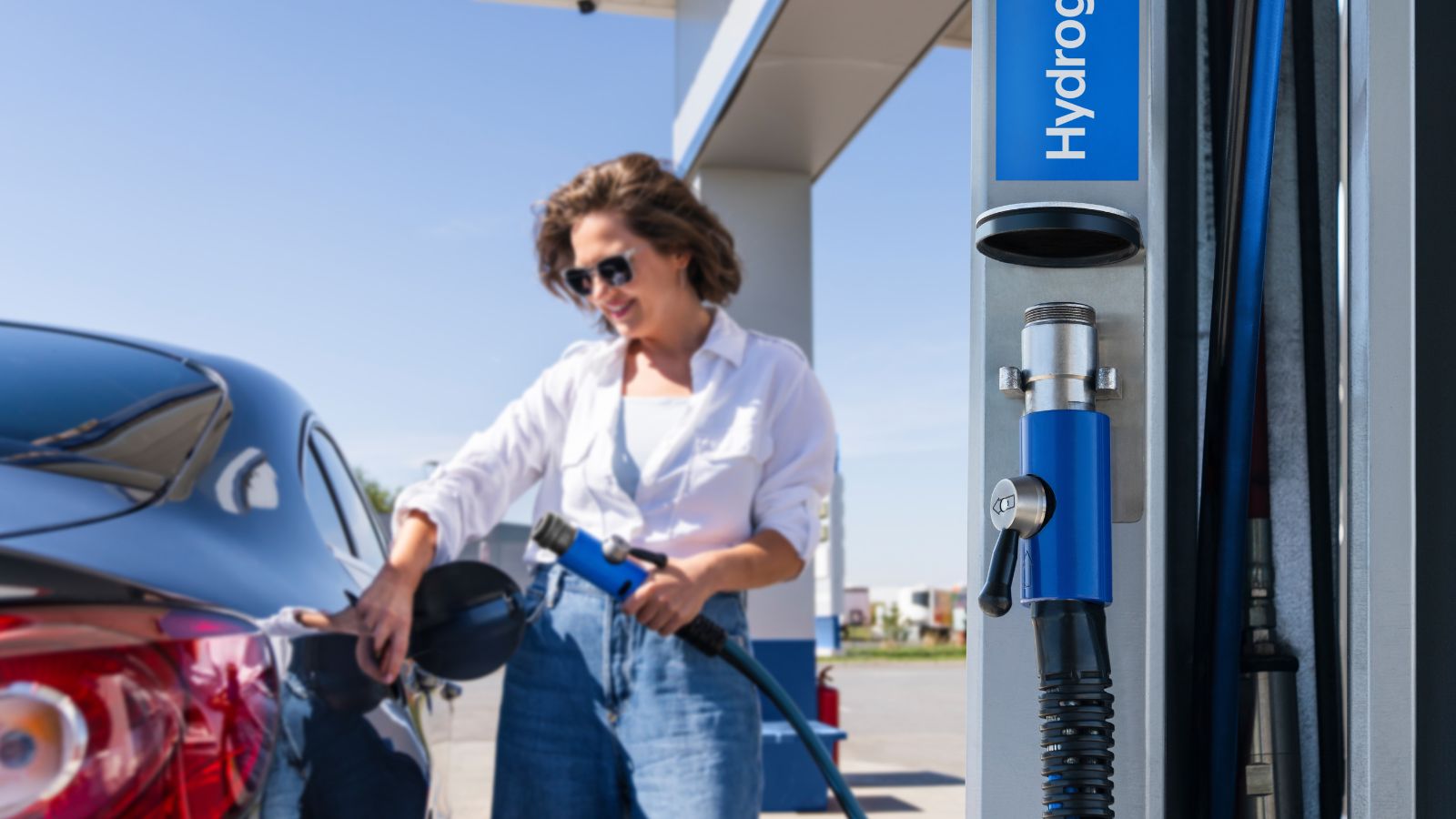
For the average person, the appeal of hydrogen would be obvious. Drivers could refill their vehicles in a few minutes, just as they do today with gasoline, and enjoy long ranges without worrying about battery life or charging stations. Cold weather performance would be far better than current EVs, and the vehicles themselves would not suffer the same degradation after years of use. Once the infrastructure catches up, hydrogen could make the switch to clean energy seamless for drivers everywhere.
Hydrogen powered vehicles may not yet dominate headlines like EVs, but their potential is enormous. They combine the convenience of traditional fuel with the benefits of electric power and could eventually replace gas, diesel, and even EVs as the most practical solution for personal and commercial transportation. The technology is here, the benefits are clear, and the question now is whether governments and industries will make the investment needed to unlock the full potential of hydrogen.
25 Facts About Car Loans That Most Drivers Don’t Realize

Car loans are one of the most common ways people fund car purchases. Like any other kind of loan, car loans can have certain features that can be regarded as an advantage or a disadvantage to the borrower. Understanding all essential facts about car loans and how they work to ensure that you get the best deal for your financial situation is essential. Here are 25 shocking facts about car loans that most drivers don’t realize:
25 Facts About Car Loans That Most Drivers Don’t Realize
